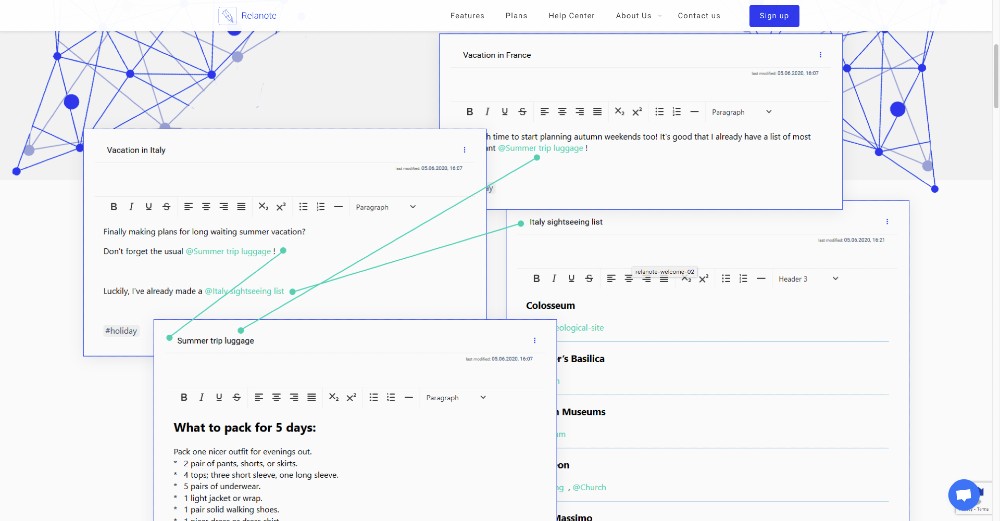I know it’s a bit early to start thinking about this, but I do have some good news regarding taxes to pass along – the standard deduction rate is going up in 2021! If you’re a bit unsure how that’s beneficial, let’s take a quick look into what this means and how it helps you keep a little extra money in your pocket.
Crash Course in Taxes
Very, VERY quickly: The amount you owe in taxes is a function of your income minus several deductions to arrive at a number that is then multiplied by a percentage (your tax bracket). After applying any credits, this final figure is what is paid to the government. The general rule is higher earners are taxed more.
A bit more detail
When calculating annual taxes to be paid to the IRS, there’s a lot of different numbers involved to consider. At its core, taxes function in relation to income, and earners must pay an amount that correlates to their adjusted gross income (AGI), which is your gross (or “total”) income minus some deductions (paying into a 401k, student loan interest payments, and others).
After doing this, earners can choose to do a standard or itemized deduction. This value is subtracted from the AGI, and effectively lowers taxable income. The standard deduction is a set amount that is applied without any calculation needed; it is always $X. An itemized deduction requires filling out forms that show a collection of deductions – payments to charities, state income tax, etc. – that are totaled and then applied, and thus can be more or less than the standard deduction.
Following these calculations, there was a time when additional personal exemptions were allowed, but this was phased out after the Tax Cuts and Jobs Act of 2017.
At this point, a percentage is applied against the number to determine how much is owed. This is known as a tax bracket; higher incomes are taxed at greater percentages. There’s a bit more nuance than “earning more = paying more,” but for the sake of this article, we’ll leave it at that.
Finally, tax credits – if applicable – can be applied, and reduce the pure amount owed on a dollar-per-dollar basis. This is slightly different than deductions, which reduce the amount of taxable income. In both situations, larger deductions and/or credits result in fewer taxes that must be paid.
Why a larger standard deduction in 2021 matters
Starting in 2021, the standard deduction will increase across the board for individual filers, married couples, and heads of household. Individuals will increase from $12,400 to $12,550 (adding $150), married couples from $24,800 to $25,100 (adding $300), and head of household from $18,650 to $18,800 (adding $150). This is also higher for persons over 65 and/or blind individuals. Here’s the IRS link directly for 2021.
An increased standard deduction – which is generally utilized over itemized for the majority of tax brackets – means that most earners will end up with a lower taxable income amount. This translates to fewer taxes owed and thus more money retained. In effect, this means more cash in pockets across the nation, which can help bolster the economy, increase savings, and otherwise benefit consumers across the board.
It is worth noting that the Tax Cuts and Jobs Act of 2017 increased the standard deduction and is generally seen as having simplified the tax code to the benefit of most Americans.
Should I take the standard deduction over itemized?
While this question is a bit tricky and should be considered on a case-by-case basis and I strongly encourage speaking with a CPA for a definitive answer, the standard deduction is substantial, requires far less paperwork, and does prevent miscalculation (in the sense that it doesn’t require additional math, and thus lowers the probability of making a mistake). As such, it makes the most sense for the average person.
You should consider the itemized route if you think that the total amount of deductions is more than the standard deduction. If so, you’ll want to itemize, as this results in a lower amount of taxable income; this will of course translate to less taxes owed and thus more money saved.
Examples of itemized deductions include interest on mortgages, charitable contributions, high medical expenses, and/or a large amount of state and local taxes paid.
It should be noted that the number of people who go with the itemized approach tends to increase in the upper echelons of income. Myself – having not yet reached these levels – can only guess as to why this is; hopefully you can check back with me in the next ten years for an answer, which I’ll preferably deliver poolside while sipping margaritas.
Here’s a good starting primer with regard to taxes in 2020, and here’s another.
Remember: This is for 2021
This may be obvious, but for the sake of being clear, the increased standard deduction is for 2021. I know – again – that’s obvious, but I want to clarify simply because this means it won’t kick in until next year in 2022. When taxes are filled out this year in 2021 for earnings in 2020, the standard deduction will still be the current rates (e.g., $12,400 for individuals).
In other words, the benefit won’t be seen until next year with regard to tax refunds and so on. But hey! It’s something to look forward to, and every little bit helps. The general advice is that you – as an individual – should take all reasonable steps to maximize the amount of your income that you take home. And next year, you’ll get that additional bump.
Conclusion
The big takeaway here is that the standard deduction is increasing for our upcoming year of 2021, and we’ll see the benefit of that when we file taxes in 2022. While this won’t affect individuals who go with an itemized deduction, it will help the majority of earners.
So let’s take the wins as they are given to us – we all deserve some.
Robert Snodgrass has an English degree from Texas A&M University, and wants you to know that yes, that is actually a thing. And now he's doing something with it! Let us all join in on the experiment together. When he's not web developing at Docusign, he runs distances that routinely harm people and is the kind of giant nerd that says "you know, there's a King of the Hill episode that addresses this exact topic".















































